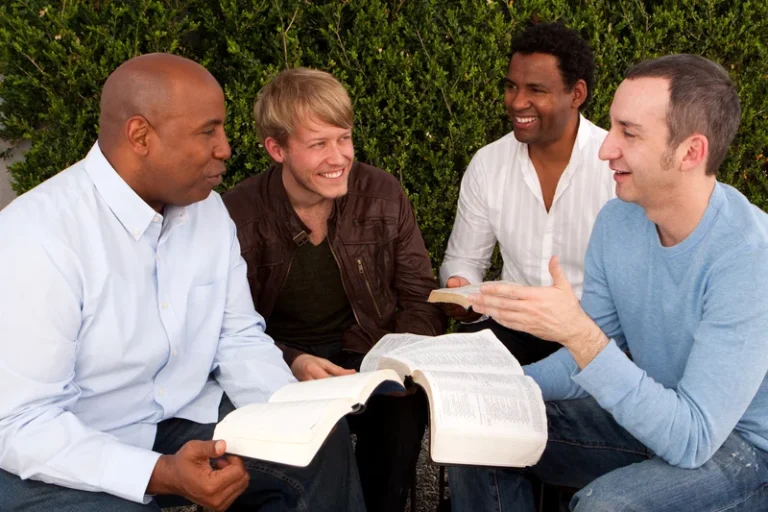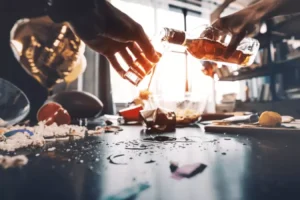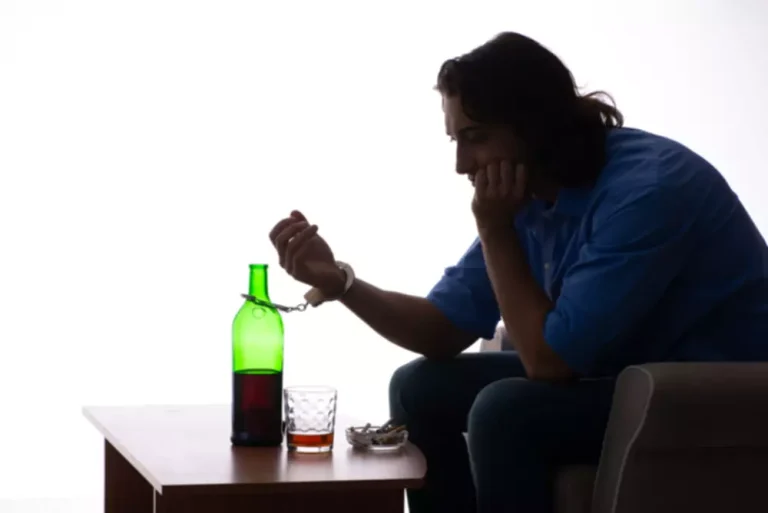Dealing with Alcoholism Denial: Signs and Ways of Recovery

The test is free, confidential, and no personal information is needed to receive the result. Choose a good time to talk, such as when both of you are calm and your loved one is not currently under the influence. Yelling at your loved one while they’re drunk or bringing up their drinking in the middle of an argument is not effective. If you cover for your loved one by lying to their boss, for example, they won’t experience the negative consequences of their drinking and will remain in denial. Denial is one of the biggest barriers to treatment for alcohol addiction. When people can’t admit to having a problem, there’s no way to find a solution.
Finding Good Drug Treatment Centers

Understanding these cognitive intricacies is crucial in comprehending the underlying mechanisms that contribute to the persistence of denial in the face of objective evidence. As a result, they lie about their drinking or blame others for their problems. However, these behaviors can fracture https://ecosoberhouse.com/ their relationships, threaten their employment and exacerbate their addiction. This stigma creates shame, guilt and fear in individuals who are addicted to alcohol. It cuts off the possibility of positive change, leading to a lifetime of issues with health, finances, and relationships.
- The exploration of innovative treatment modalities represents a promising avenue for enhancing our ability to address denial in addiction recovery.
- Understanding the impact of denial on treatment outcomes is paramount in developing effective intervention strategies.
- This may cause rigid thinking or concreteness of thought, making it hard to change their minds on a topic like whether they have a serious drinking problem.
- Be sure to prepare thoroughly, leaning on support from other friends and family.
- This all-in-one virtual library provides psychiatrists and mental health professionals with key resources for diagnosis, treatment, research, and professional development.
What Are the Stages of Addiction?

The integration of clinical judgment with self-report measures enhances the overall accuracy of identifying and assessing denial. Structured self-report measures, such as standardized questionnaires and assessment scales, offer valuable insights into individuals’ perceptions of their addiction and level of awareness. These tools, alcoholism and denial when designed to assess denial specifically, provide clinicians with quantifiable data to supplement the clinical evaluation. Projection is another prominent denial mechanism observed in addiction, involving the shifting of responsibility and blame onto external factors rather than acknowledging personal accountability.

What is considered 1 drink?
Discover top trauma therapy types and innovative approaches to accelerate your healing journey. Discover what is Suboxone, its uses in treating opioid addiction, side effects, and how it compares to other treatments. Remaining calm, collected, and composed during conversations is crucial when communicating with an addict in denial. By staying composed, you are more likely to be perceived as non-threatening and in control of your emotions.
How To Help Someone Who Is in Denial About Their Addiction
- Not wanting to admit their alcoholism to anyone does not mean they don’t see the problem.
- For many who struggle with alcohol use disorder, it’s much easier to pretend that the problem doesn’t exist.
- Uncover early signs of alcoholism in a loved one, understand its impact and learn how to seek help.
- By leveraging technology and interdisciplinary insights, clinicians can develop novel strategies that resonate with diverse populations, engage individuals in new ways, and dismantle the barriers imposed by denial more effectively.


- Alcohol use disorder is a pattern of alcohol use that involves problems controlling your drinking, being preoccupied with alcohol or continuing to use alcohol even when it causes problems.
- Oftentimes, enablers are family members who are attempting to protect the person with the alcohol problem.
- One in five smoked cigarettes in the prior 5 years, 80% used cannabis, 19% had a cannabis use disorder, and 37% had used other illicit drugs, including 3% who developed a SUD on those substances.
- Loved ones sometimes protect the person who is experiencing an alcohol problem, making excuses for their poor behaviors and failure to manage responsibilities.
- If you or someone you know needs immediate assistance, it is advisable to call your local emergency department or emergency services.
- Explore self-injury awareness day, its significance, and resources for support and understanding.
Recent Posts
Connect with like-minded females in order to find your soulmate
what things to look out for in a bisexual hookup site
Find your perfect local hookup spot now
All Categories
- ! Без рубрики
- 1
- 1Win Brasil
- 1win Brazil
- 1WIN Casino Brasil
- 1win India
- 1WIN Official In Russia
- 1win Turkiye
- 1win uzbekistan
- 1winRussia
- 1xbet Download Android Cihazlarda 1xbet Yükləyin – 57
- 1xbet Russian
- 2
- AI Automation
- AI Chatbot News
- Archives Des Mostbet 314 Casino Azərbaycanda Bukmeker Kontor 100 Groupe D'etudes Et De Recherches Genre Et Sociétés – 203
- BEST THINGS TO DO BALI
- BEST TIME TO TRAVEL
- blog
- Bookkeeping
- casino
- Cryptocurrency exchange
- Cryptocurrency News
- FAMOUS PLACE TO VISIT
- FinTech
- INDIAN RESTAURANT
- IT Образование
- leramiss
- Melbet Affiliate Program – 238
- Mostbet 27 Login To Betting Company And Online Casino In Bangladesh – 714
- Mostbet 314 Casino Az?rbaycanda Bukmeker Konto Unit Kegiatan Pengembangan Intelektual – 796
- Mostbet App Download And Review: Login, Apk, Ios – 683
- Mostbet Aviator In Pakistan: Online Game Overview – 76
- Mostbet Azərbaycan Formal Saytı Iti Qeydiyyat – 590
- Mostbet Bangladesh Mostbet Bd Official Website, Bonus, Registration – 678
- Mostbet Login To Your Online Casino Personal Account In Bangladesh! – 654
- Mostbet Russia
- mostbet tr
- Mostbet UZ Kirish
- Mostbet-az90 Bukmeker Və Kazino Azərbaycanda Added Bonus 550+250f – 873
- News
- pin up casino
- Pin UP Casino AZ
- Pin Up Peru
- Sober living
- Software development
- Uncategorized
- VISA PROCESS
- Your Most Suitable Choice For Gambling And Betting – 356
- казино
- Новости Криптовалют
- Форекс Обучение
- Форекс партнерская программа

Thailand

